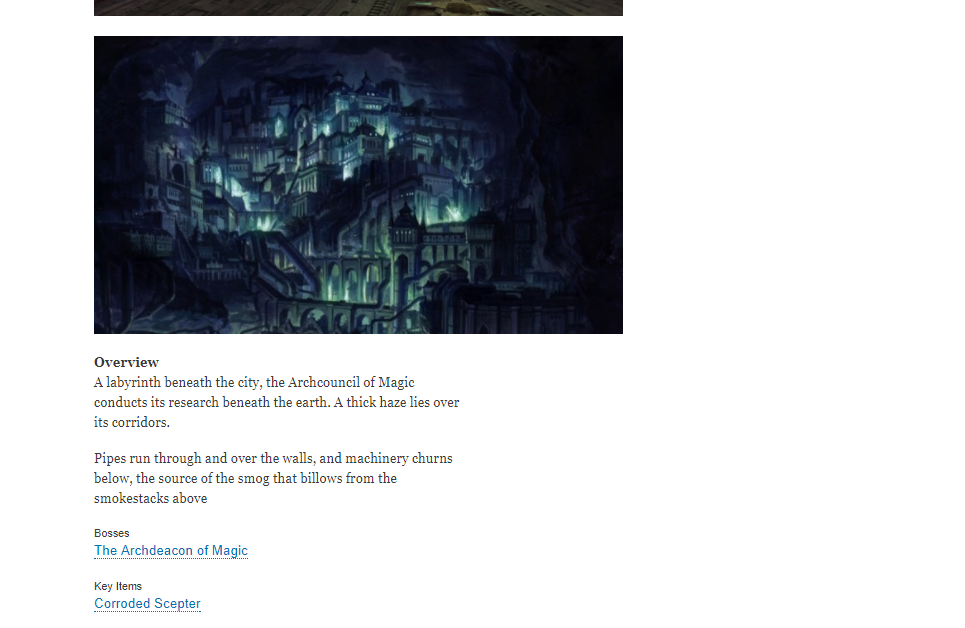Hello all,
I recently had started making a game and invited some others to join the team as well to create content and write some of the story. The group is small, and there is no funding currently.
The problem I am having is that I have a vision in mind for the game, but have some difficulty getting others to follow it - it follows certain themes and there are certain things about the world that cannot be changed without it being out of place or disrupting the 'feel' of the game.
I have so far been running things fairly casually as it is still a small unpaid team, but there are some things I feel that can't be compromised on. Don't get me wrong, I don't want to stifle my developers' creativity and I welcome new ideas/changes (we have had several good brainstorms in the past) but I think there needs to be a line somewhere so the game stays close to this vision.
In this example, the game is going to be dark fantasy, and have a rather serious environment, but I have a developer who wanted to add silly easter eggs in as 'comic relief'. When I asked for an example or something similar, he talked about how Saint's Row has some sort of dildo bat that you can use as a weapon in-game. This is very much something I did not want in the game and I had to draw a very firm line there, telling him we are not going to have anything like that (for the reasons above). He said something along the lines of "Well, I am going to put whatever I want in my level". Following that, I had a conversation with him where I told him that while he is in charge of that level, if it is out of place from the theme/doesnt fit in to the 'feel' of the game, that I won't allow it in the game.
The developer then told me I am taking things too seriously, I am thinking too far ahead, and it is not fun to develop the game anymore - he decided to leave the project. I definitely do like to have fun working on this game, and value the input of all my team, but I think there are times when I need to 'get serious'
I am very compromising with a lot of the story and design aspects, as the team is small and unpaid, but do not want to see this game run wild and turned into a joke. I am close to the design and story myself, and consider myself to fulfill the roles of a creative director and project manager - along with a bit of everything else. In the past, when the game was basically a blank slate, I tried to gather people around to come up with new ideas, but there was little contribution and I am seeing much more involvement after I went ahead and created a foundation of the story myself. I do my best to avoid coming off as 'managing' but it has been unavoidable in cases like this.
If you have read thus far, thanks for staying with me!
My question for you all - What is your opinion on this, what are some suggestions you have to avoid this in the future? I have some people with great Ideas and conflict is inevitable.
Do I need to be more picky with/vet developers better? Is there something dysfunctional in how I am approaching the matter? How do you work with your content authors/designers/developers to resolve creative conflict, and where do you draw the line?
Note: Usually I let a lot of stuff go that doesn't completely 'fit the vision', and adapt to it, in order to keep morale up and not stifle others' creativity, but knowing the guy personally, I suspect he had wanted to have a lot more control over the project and I had a feeling that something like this would develop down the road which is why I wanted to nip the problem early on.











